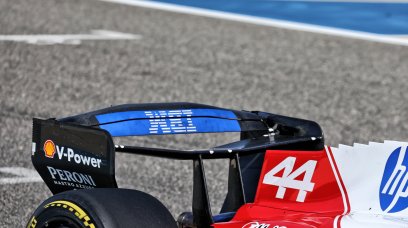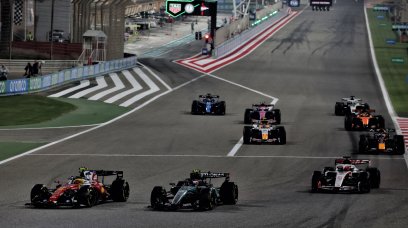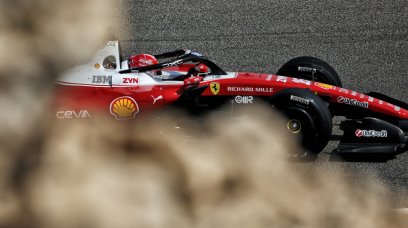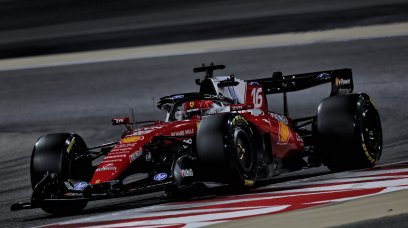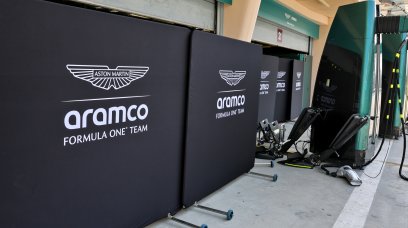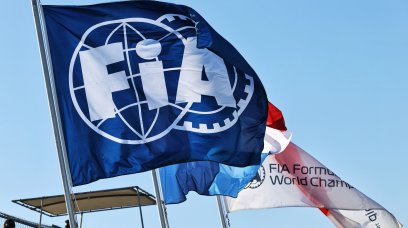Alexander Albon has cast doubt over the new F1 regulations set to be introduced in 2026, saying he feels there "needs to be some work" done to prevent the cars being "very slow". The Williams driver shared his concerns over power unit regulations that will require the chassis and aerodynamic rules to be "extremely complicated" to compensate for the direction F1 is taking the new engines. An increased reliance on the hybrid elements of the power units will naturally create a loss of engine-generated top speed - something that is being compensated by active aerodynamics, known as the X and Z modes . However, Albon remains unconvinced, advocating for a more straight-forward approach. I don't speak out of turn, but I think it's gonna be very slow. Extremely slow," the 28-year-old told media including RacingNews365 . "So I'm guessing there's a lot of stuff being done around making sure the straight line speeds are not tapering off at the end [of the straights] with the MGU-K [Motor Generator Unit - Kinetic], and whatnot being involved... I still think there needs to be some work done. "I think that it seems to be that to recover what these engine regs are creating means that everything becomes extremely complicated. "The whole aero path, we're gonna go down... I'd rather just have a bit more simple engines, a little bit more maybe standardised parts within the engines, or whatever it may be, and just return to kind of a more basic regulation."
Requirements shifted onto teams
One of the primary focuses of the regulations is to improve race-ability and increase overtaking, something that the size and weight of F1 cars directly affects - both of which have long been criticised, with the widespread sentiment that the cars are too big and too heavy. Therefore, the 2026 regulations aim to make the cars more "nimble", with provisions set out to make the cars 30kg lighter than they currently are set out in the rules. To Albon, though, the responsibility is being shifted to the teams, as opposed to being clearly laid out in the regulations. "Let's see, let's see. I mean, lighter, but they're making the teams make them lighter," he replied when it was put to him that the lighter, shorter and narrower cars were a step in the right direction. "I don't know what parts of the regulations allow them to be lighter - I don't know the details around it. I don't know, if they're giving us lighter halos or lighter wheels or whatever, but I don't think that weight comes for free. "As in, it's more just a commitment from the teams to try to get down to that weight. The size of the cars, I think is the right direction. I'm not speaking negatively around it. I just think there's positives and negatives around the whole thing."
Most read

